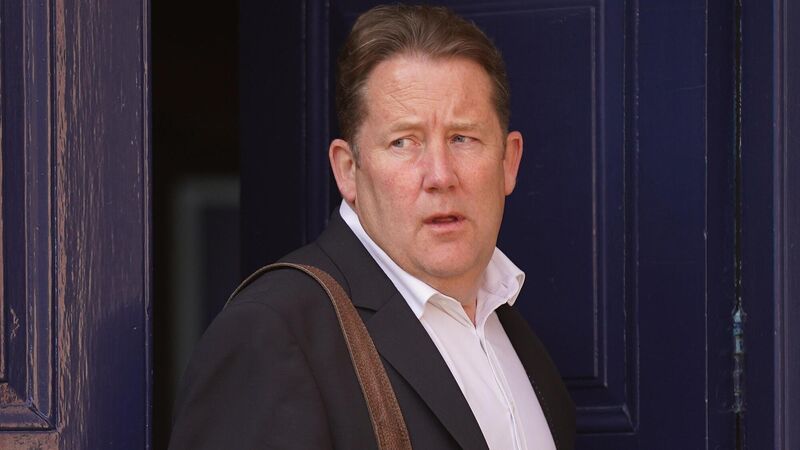Blame developers and An Bord Pleanála, but the Government is responsible for the SHD mess

An Bord Pleanála is beholden to the minister for housing. The buck stops with that department. The current crisis, however, shows that rather than fixing the problem, the State has elected to double down and dig deeper into the hole it has found itself in.
Developers have long had a rough reputation in Ireland. From historical zoning scandals through the debacle of the Celtic Tiger and its ghost estates, the building industry here has, rightly or wrongly, gained a reputation for sharp practice.
But it seems unfair to blame the failure of the much-maligned strategic housing development (SHD) system solely on the developers.













